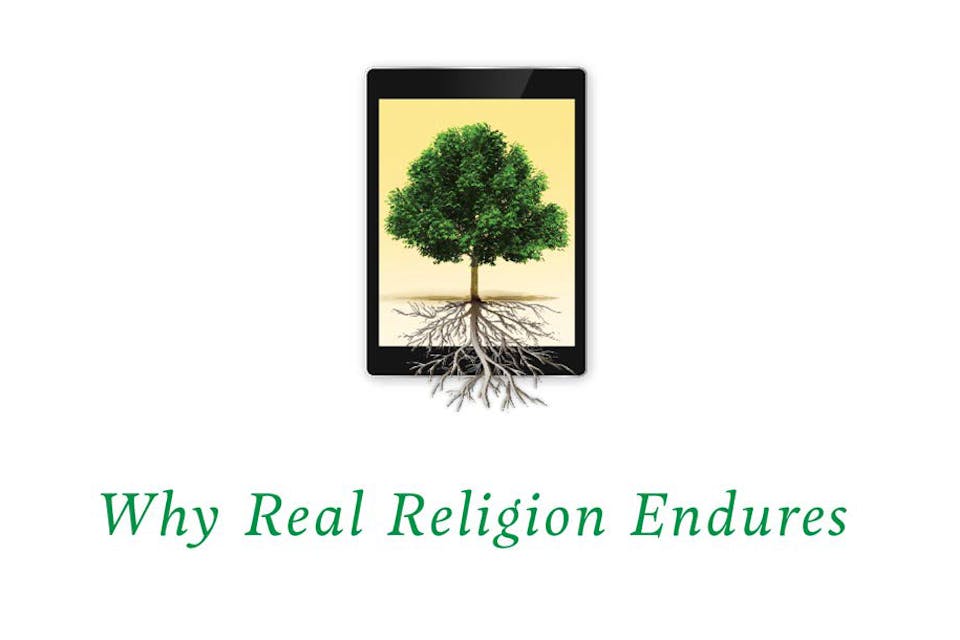
March 2, 2021
Two Orthodoxies, and the Cultures They Create
Moshe Koppel’s new book Judaism Straight Up looks at today's progressive and traditional moral psychologies and finds one wanting.
In 1943, C.S. Lewis delivered a series of three lectures, published later that year as the now-classic book The Abolition of Man. With the horrors of world war and totalitarian barbarity as background, Lewis argued persuasively that the rejection of tradition, the replacement of an external moral law with autonomous reason as our source of authority, can deliver us to tyrannies as cruel and unjust as anything in human history.
If Lewis delivered those lectures today, and had a thing for Jewish sociology and game theory, they might resemble Moshe Koppel’s new book Judaism Straight Up: Why Real Religion Matters. (Though I hope that Lewis’s publishers would have come up with a better title.) Koppel isn’t an Oxford don or Christian, but a Jewish professor of computer science and director of a libertarian think tank who lives in Israel. (He’s also a member of the board of the Tikvah Fund, Mosaic‘s sponsoring organization. He had no control over or foresight into this review.) Yet his juxtaposition of cosmopolitan, liberal selfhood, and traditional, religious selfhood joins Lewis’s book as an illuminating, unsettling, and witty critique of the dark side of liberal modernity.
Koppel portrays the ideological positions he discusses as character types, with names and biographical sketches attached. His traditionalist is a Holocaust survivor named Shimen, based on an actual person Koppel knew from his New York upbringing. His cosmopolitan is a Princeton grad named Heidi, portrayed with as much sociological accuracy as Shimen, if less inner richness.